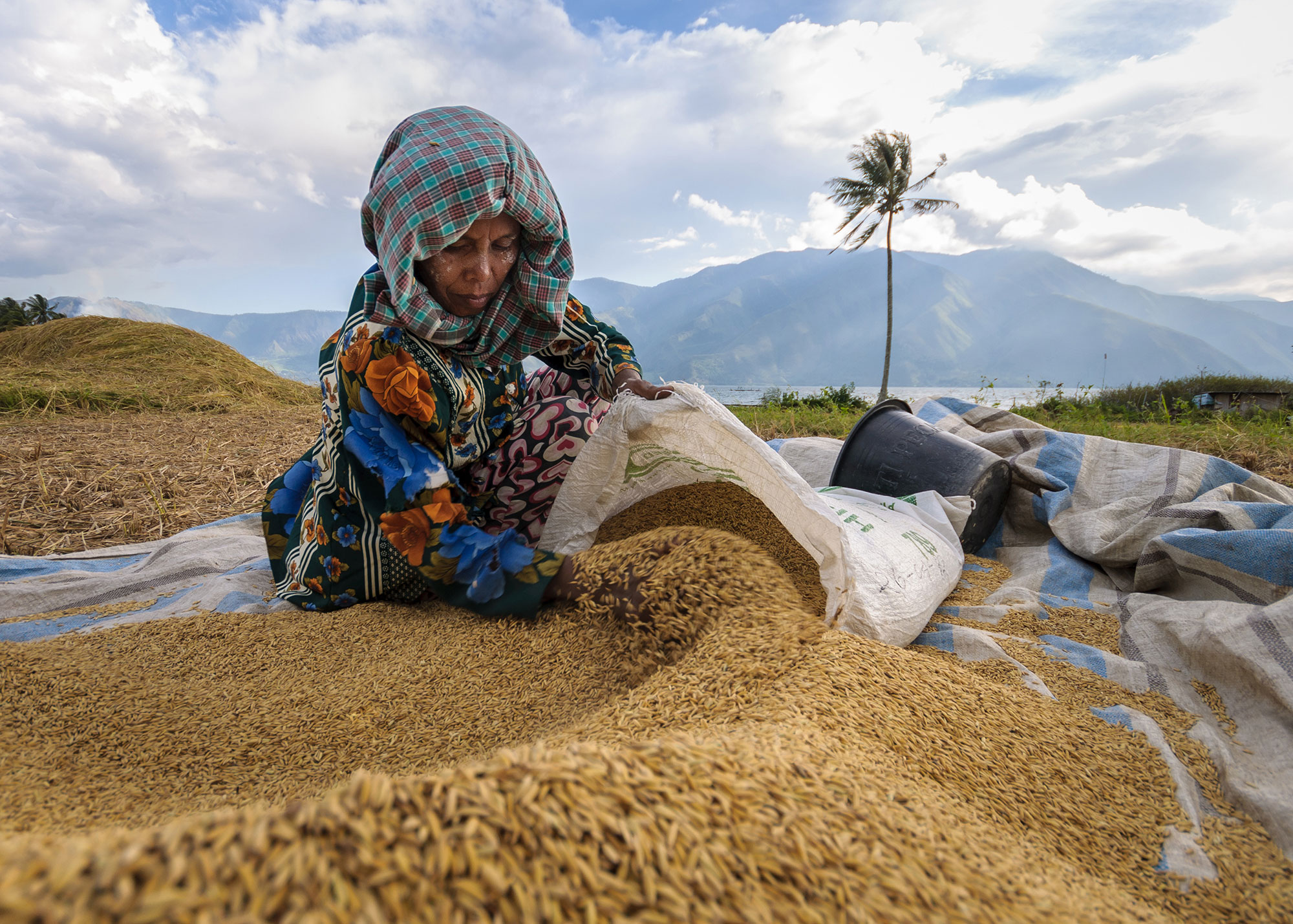
Sustainable Agricultural Production can be defined as an integrated system of long-term food, fiber, plant or animal production that provides economic and social benefits to all involved along the value chain while sustaining the health of ecological system without compromising future generations’ ability to do the same.
Sustainable Agricultural Production should have the following aspects.
- Meet long-term human food and fiber needs
- Sustain economic viability of the value chain
- Improve quality of life for all stakeholders
- Efficient use of nonrenewable resources and avoid the use of chemicals that are harmful to human and animal health, and the ecosystem
- Maintain and enhance environmental quality and natural resources
The ASEAN Sectoral Working Group on Crops (ASWGC) has oversight of the ASEAN Cooperation in crop sub-sector. The ASWGC has its own Strategic Plan of Action for ASEAN Cooperation on Crops (SPA-Crops). ASEAN Cooperation on Crops dedicates itself towards achieving sustainable agricultural production as outlined in Strategic Thrust 1: Enhance quantity and quality of production with sustainable, ‘green’ technologies, resource management systems, and minimise pre- and post-harvest losses and waste under its Strategic Plan of Action (SPA).
The main action programmes under this strategic thrust are to identify infrastructure investment requirements to increase production, enable environment for public-private partnerships (PPPs) towards enhancing productivity and quality, develop yield and productivity enhancing technologies and best practices, and balance the competing demands for the use of natural resources to ensure ecological sustainability.

